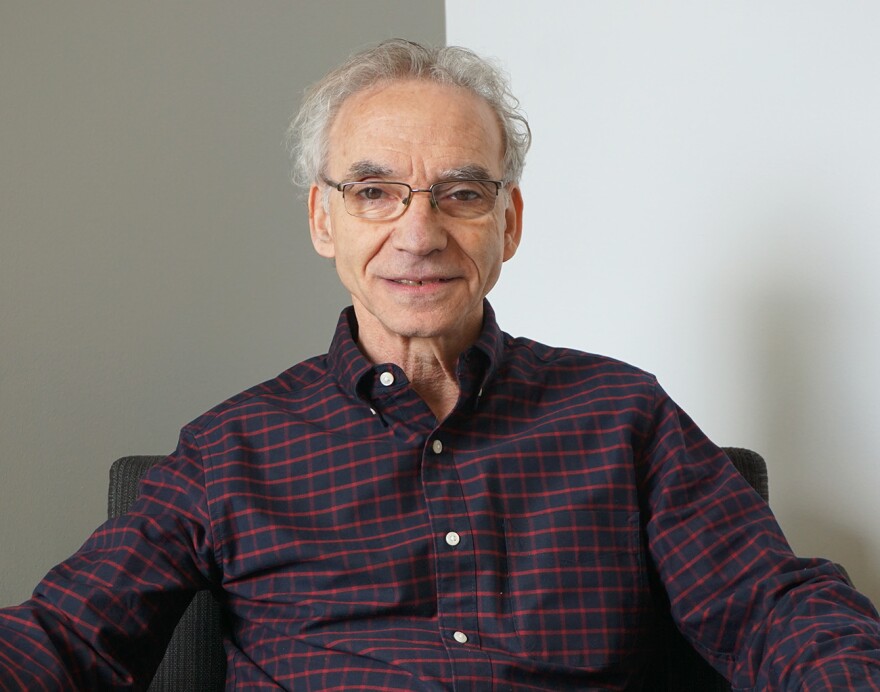’Tis the season for attempted lifestyle changes and vice-forsaking of all sorts. For the more resolute, perhaps a new 2020 goal has really started to stick after two months of hard-fought discipline. Others, particularly many Christians, are just beginning to give something up for Lent, a 40-day period leading up to the celebration of Easter.
Or at least they’ll try to give it up, whether it be a substance such as alcohol or sugar or, say, a digital denial of the self — like completely staying off Facebook. Many people fail at these attempts, giving in before the 40 days are up.
Why does this happen? The quick answer is that it’s due to a lack of self-control. But if you ask Washington University faculty member Leonard Green, he’ll insist it’s not so simple. In fact he avoids using the term “self-control” at all.
“It typically has an evaluative judgment [attached to it] … we feel that, and we’re blamed by others,” said Green, a professor of psychology and brain sciences and economics. “And I think it doesn’t give view to the fact that there are situational cues and constraints which might lead us to choose that smaller reward rather than go what’s in our long-term best interest.”
He and Webster University’s Zhichun Zhou, an assistant professor of behavioral psychology, have been working on a project about this topic that they plan to present publicly at Webster in April. On Thursday’s St. Louis on the Air, Green joined host Sarah Fenske for a sneak peek at their findings.
The conversation took a closer look at the idea of self-control and why it’s so difficult for people to change habits. Green also offered tips for how to be more successful:
- “Think about the people you love. Talk to them. Talk to them about what’s important to them and to you — I think that is more likely to help you say, ‘OK, I need to give up smoking because of these individuals who are important to my life.’”
- “I think you need to put it in terms of your pattern of behavior — don’t think of it as an individual cigarette, but it’s smoking a pack a day versus not smoking later.”
- “You need to make these commitments in which you say, ‘OK, how might I go about reducing my smoking or giving up my smoking?’ so that you’re more likely to follow through on it. And I also think you have to realize willpower isn’t gonna do it. ... What you should be doing is thinking about your life in the future and what it’s going to be like.”
Some listeners responded to an informal poll on Twitter and shared their own thoughts.
Have you been trying to make a change in 2020 or perhaps given something up for Lent? Where are you centering your efforts?
— St. Louis on the Air (@STLonAir) February 27, 2020
Answer/reply to our poll & tune in for @sarahfenske's discussion today with an expert on self-control & misconceptions about it.https://t.co/O28EHgTEJh
All full size donuts and all mini donuts except powdered sugar for Lent
— Angela Roquemore (@AngelaRoquemore) February 27, 2020
Related Event
What: An evening of learning about self-control
When: 5 p.m. Wednesday, April 15, 2020
Where: Winifred Moore Auditorium at Webster University (470 E. Lockwood Ave., Webster Groves, MO 63119)
“St. Louis on the Air” brings you the stories of St. Louis and the people who live, work and create in our region. The show is hosted by Sarah Fenske and produced by Alex Heuer, Emily Woodbury, Evie Hemphill, Lara Hamdan and Joshua Phelps. The engineer is Aaron Doerr, and production assistance is provided by Charlie McDonald.
Send questions and comments about this story to feedback@stlpublicradio.org.



